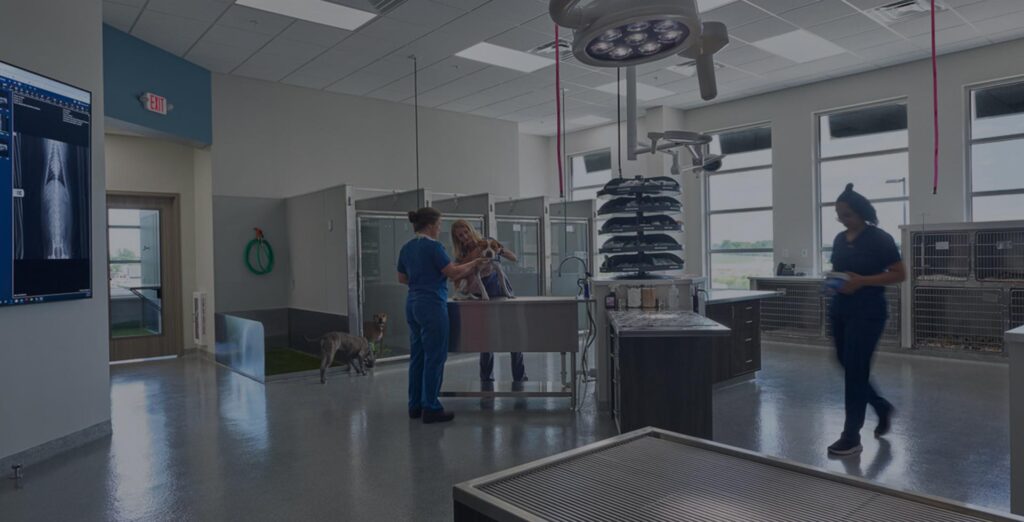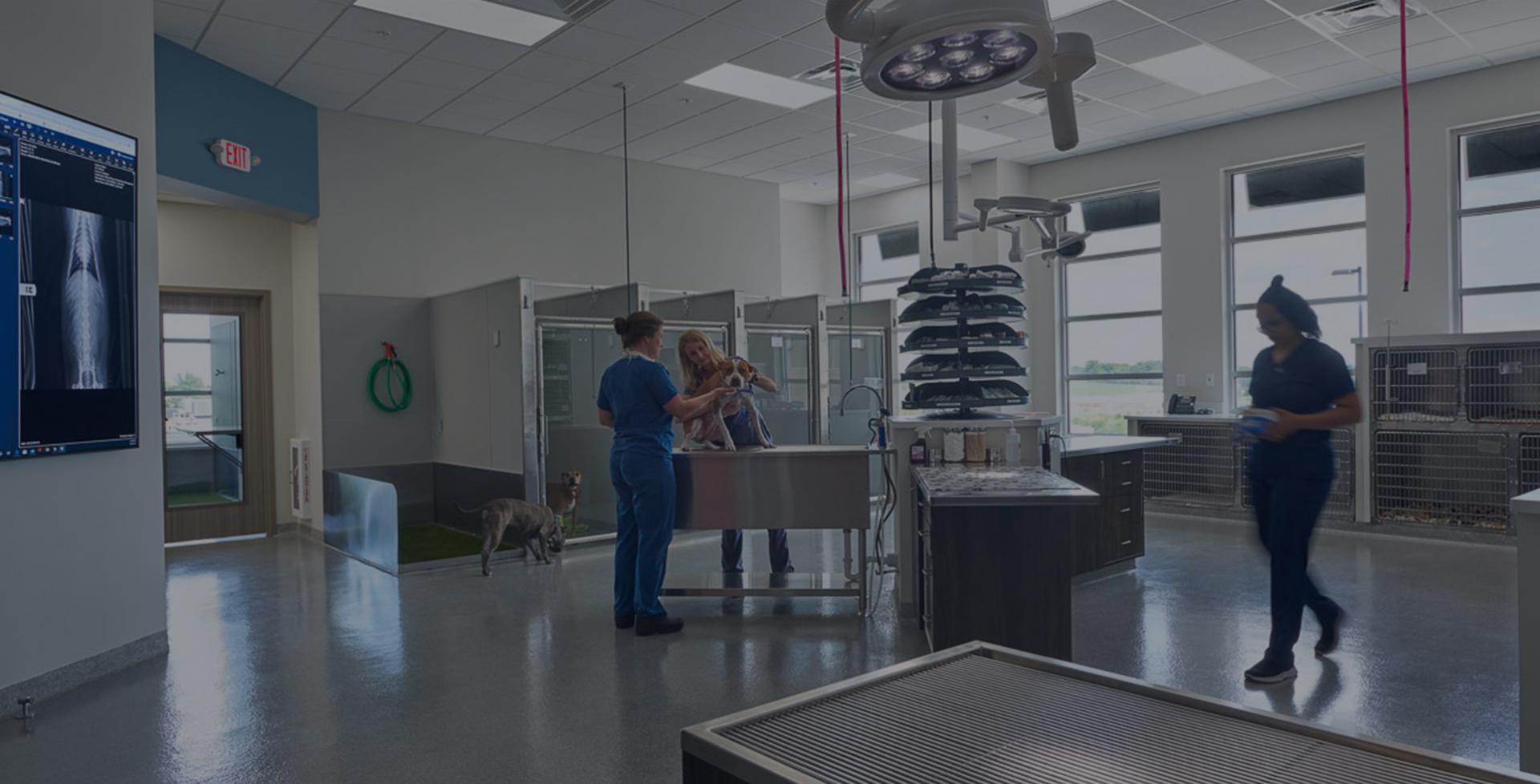
Finding Animal Hospitals Open Near Me: A Comprehensive Guide to Pet Emergency Care
When a pet emergency strikes, knowing where to find reliable and immediate veterinary care is crucial. Searching for “animal hospitals open near me” can be a stressful experience, especially when time is of the essence. This comprehensive guide aims to provide you with the information and resources needed to locate the best possible care for your beloved animal companion, regardless of the hour. We’ll explore the importance of 24/7 animal hospitals, how to identify a true emergency, and the factors to consider when choosing the right veterinary facility. We’ll also cover preventative measures to minimize the need for emergency care in the first place. Understanding your options and being prepared can make all the difference in a pet emergency situation. Finding the right “animal hospitals open near me” can be easier than you think with the right approach.
Understanding the Importance of 24/7 Animal Hospitals
Not all veterinary clinics offer round-the-clock services. Regular clinics typically operate during standard business hours, leaving a significant gap in care availability during nights, weekends, and holidays. This is where 24/7 animal hospitals become invaluable. These facilities are equipped to handle emergencies at any time, providing peace of mind to pet owners knowing that help is always available. Having access to “animal hospitals open near me” that operate 24/7 ensures that your pet can receive immediate attention for critical conditions such as severe injuries, sudden illnesses, or poisoning.
Why 24/7 Availability Matters
- Immediate Care: Emergencies require prompt treatment. A 24/7 hospital eliminates delays, increasing the chances of a positive outcome.
- Specialized Equipment: These hospitals are often equipped with advanced diagnostic and treatment tools, such as intensive care units (ICUs), advanced imaging equipment, and on-site laboratories.
- Experienced Staff: 24/7 facilities typically have a team of veterinarians and veterinary technicians experienced in handling critical cases.
- Peace of Mind: Knowing that a reliable animal hospital is available around the clock can significantly reduce stress and anxiety during a pet emergency.
Identifying a Pet Emergency: When to Seek Immediate Care
Recognizing the signs of a pet emergency is crucial for timely intervention. Not every health issue requires immediate attention, but certain symptoms warrant a trip to “animal hospitals open near me” without delay. Here are some common indicators of a pet emergency:
Common Pet Emergency Symptoms
- Difficulty Breathing: Labored breathing, rapid breathing, or persistent coughing can indicate a respiratory problem.
- Severe Bleeding: Uncontrolled bleeding from any part of the body requires immediate veterinary attention.
- Trauma: Injuries resulting from car accidents, falls, or other traumatic events should be evaluated promptly.
- Seizures: Uncontrolled shaking or convulsions can be a sign of a serious neurological condition.
- Loss of Consciousness: If your pet collapses or becomes unresponsive, seek immediate veterinary care.
- Poisoning: Ingestion of toxic substances, such as household cleaners, medications, or certain foods, requires immediate intervention.
- Severe Vomiting or Diarrhea: Persistent vomiting or diarrhea, especially if accompanied by blood or weakness, can lead to dehydration and other complications.
- Sudden Swelling: Swelling of the face, neck, or other body parts can indicate an allergic reaction or other serious condition.
- Inability to Urinate or Defecate: Straining to urinate or defecate can be a sign of a urinary obstruction or other medical issue.
- Extreme Pain: Signs of extreme pain, such as whining, panting, or reluctance to move, warrant immediate veterinary attention.
If you are unsure whether your pet’s condition constitutes an emergency, it is always best to err on the side of caution and contact an “animal hospitals open near me” or your regular veterinarian for guidance. Many veterinary clinics have a nurse line or after-hours answering service that can help you determine the appropriate course of action.
Finding “Animal Hospitals Open Near Me”: Resources and Strategies
When faced with a pet emergency, time is of the essence. Here are some strategies and resources to help you quickly locate “animal hospitals open near me”:
Online Search Engines
Utilize search engines like Google, Bing, or Yelp to search for “animal hospitals open near me” or “emergency vet near me.” These platforms provide listings of nearby veterinary facilities, along with their contact information, hours of operation, and user reviews. Be sure to verify the information, especially the hours, as they can change.
Veterinary Clinic Websites
Many veterinary clinics have websites that provide information about their services, hours, and contact details. Some websites also offer online appointment scheduling or virtual consultations. Check if your regular veterinarian offers after-hours emergency services or has affiliations with nearby emergency animal hospitals.
Mobile Apps
Several mobile apps are designed to help pet owners find veterinary care in their area. These apps often include features such as a directory of animal hospitals, GPS-based location services, and emergency contact information. Examples include Pet First Aid apps and general pet care apps with vet locator features.
Local Directories and Phone Books
Traditional directories and phone books can also be valuable resources for finding “animal hospitals open near me.” While online resources are often more up-to-date, these sources can be helpful, especially in areas with limited internet access.
Contact Your Regular Veterinarian
Even if your regular veterinarian’s office is closed, they may have an answering service or referral system in place to direct you to the nearest emergency animal hospital. Keep your veterinarian’s contact information readily available.
Pre-Planning and Preparation
Don’t wait for an emergency to research “animal hospitals open near me.” Take the time to identify nearby 24/7 facilities and save their contact information in your phone or create a list to keep in a visible location. Familiarize yourself with the route to the hospital, especially during off-peak hours when traffic may be different.
Factors to Consider When Choosing an Animal Hospital
When selecting an animal hospital, several factors should be considered to ensure that your pet receives the best possible care. While the immediate need may be for “animal hospitals open near me”, taking a moment to evaluate these factors can lead to a better outcome.
Accreditation and Credentials
Look for animal hospitals that are accredited by reputable organizations such as the American Animal Hospital Association (AAHA). Accreditation indicates that the hospital meets high standards of quality and safety. Verify the credentials of the veterinarians and veterinary technicians to ensure they are properly licensed and experienced.
Services and Equipment
Consider the range of services offered by the animal hospital. A comprehensive facility should have the capability to handle a wide variety of medical and surgical cases. Ensure that the hospital is equipped with advanced diagnostic and treatment tools, such as digital radiography, ultrasound, and an on-site laboratory. If your pet has specific needs, such as orthopedic surgery or specialized cardiology care, make sure the hospital has the necessary expertise and equipment.
Staff Experience and Expertise
The experience and expertise of the veterinary staff are critical factors to consider. Inquire about the veterinarians’ areas of specialization and their experience in handling emergency cases. A compassionate and skilled team can make a significant difference in your pet’s care and recovery.
Cleanliness and Organization
Observe the cleanliness and organization of the animal hospital. A well-maintained facility is more likely to adhere to strict hygiene protocols, reducing the risk of infection and other complications. Pay attention to the overall atmosphere of the hospital and ensure that it feels welcoming and comfortable for both you and your pet.
Reviews and Recommendations
Read online reviews and seek recommendations from friends, family, and other pet owners. Reviews can provide valuable insights into the experiences of other clients and help you assess the quality of care provided by the animal hospital. However, keep in mind that reviews can be subjective, so it is important to consider a variety of sources.
Cost and Payment Options
Veterinary care can be expensive, especially in emergency situations. Inquire about the hospital’s fees and payment options. Some hospitals offer payment plans or accept pet insurance. Be sure to understand the estimated cost of treatment and any potential additional expenses before proceeding.
Preventative Measures: Reducing the Need for Emergency Care
While it’s essential to know where to find “animal hospitals open near me,” taking proactive steps to prevent emergencies can significantly reduce the need for urgent care. Regular veterinary check-ups, proper nutrition, and a safe environment are key to maintaining your pet’s health and well-being.
Regular Veterinary Check-Ups
Schedule regular check-ups with your veterinarian to monitor your pet’s health and detect any potential problems early. Routine examinations can help identify underlying conditions before they become emergencies. Vaccinations, parasite control, and dental care are also essential components of preventative care.
Proper Nutrition
Feed your pet a balanced and nutritious diet appropriate for their age, breed, and activity level. Avoid feeding them table scraps or foods that are toxic to animals. Ensure they have access to fresh, clean water at all times.
Safe Environment
Create a safe environment for your pet by removing potential hazards from their reach. Secure medications, cleaning supplies, and other toxic substances. Keep small objects that could be swallowed out of reach. Supervise your pet when they are outdoors and protect them from extreme weather conditions.
Pet-Proofing Your Home
Take steps to pet-proof your home to prevent accidents and injuries. Cover electrical cords, secure loose rugs, and install safety gates to prevent access to dangerous areas. Keep houseplants out of reach, as many common houseplants are toxic to pets.
Emergency Preparedness Kit
Assemble a pet emergency preparedness kit that includes essential supplies such as a first-aid kit, medications, food, water, a leash, and a carrier. Keep the kit in an easily accessible location so you can grab it quickly in an emergency.
Conclusion: Being Prepared for Pet Emergencies
Knowing where to find “animal hospitals open near me” is a critical aspect of responsible pet ownership. By understanding the importance of 24/7 veterinary care, recognizing the signs of a pet emergency, and taking preventative measures, you can significantly improve your pet’s chances of a positive outcome in a crisis. Remember to research nearby animal hospitals, save their contact information, and prepare an emergency kit. With proper planning and preparation, you can provide the best possible care for your beloved animal companion when they need it most. [See also: Pet First Aid Basics] [See also: Choosing the Right Veterinarian] Staying informed and proactive is the best way to ensure your pet’s health and safety.

